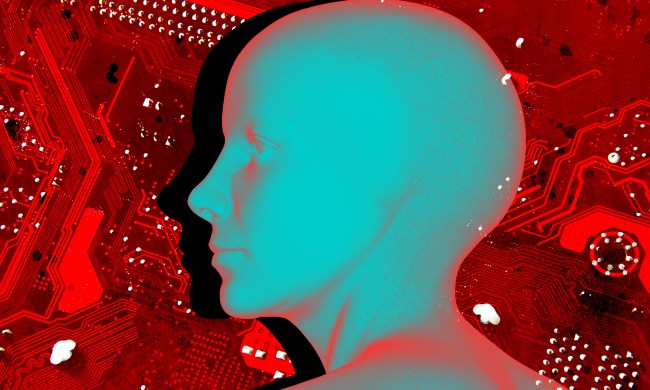Microsoft is bringing artificial intelligence into the health care world with the launch of a new program that aims to improve the well-being of people and communities around the globe.
The five-year program, called A.I. for Health, will focus on advancing medical research, reducing health inequality and improving health care access, as well as compiling global health insights. The new program is part of a bigger Microsoft initiative called Microsoft A.I. for Good.
The company will work in collaboration with a variety of prominent health-centered organizations such as the Seattle Children’s Research Institute, the Fred Hutchinson Cancer Research Center, and St. Jude Children’s Research Hospital to find out ways in which A.I. can be more easily and accessibly used in health care.
“There are real health issues in which A.I. can play an important role, and it may be our best option to accelerate research or expand the reach of new solutions, especially in areas that may lack attention from the commercial health sector,” wrote John Kahan, the chief data analytics officer, in the blog post announcing the program.

Some of the ways Microsoft hopes to help the health of millions around the globe is to use A.I. for diabetic screenings and reducing child and maternal mortality. According to Microsoft, a developed country such as Finland has a child mortality rate of 43.7 out of 100,000 births, whereas Somalia has a mortality rate of 1,899.2 per 100,000 births.
Kahan said that there is a disconnect between the use of A.I. in the technology industry and the health care industry and that Microsoft’s goal is to bridge this gap.
“At Microsoft and across the tech industry, we also have a responsibility to ensure that new technology is human-centered and developed in a manner consistent with broadly held societal values. We are taking a principled and transparent approach to the development of technology, and we are hopeful the world will see what a compelling force for good A.I. can be when it’s used responsibly in partnership with innovative organizations,” Kahan said.
Aside from Microsoft, Google A.I. has also made strides in the health sector as well, with the technology even being able to spot breast cancer in women with more accuracy than human doctors.
The use of A.I. technology to better detect screenings could be groundbreaking, considering that one in eight U.S. women will develop breast cancer in their lifetime, according to the American Cancer Society.



